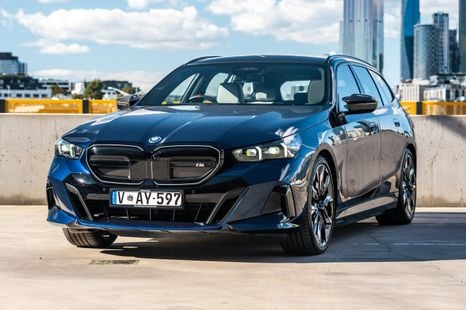

Damion Smy
2026 BMW i5 Touring review
3 Hours Ago
Ongoing issues with software development have reportedly seen Volkswagen delay its Trinity EV and next-generation software platform.

News Editor
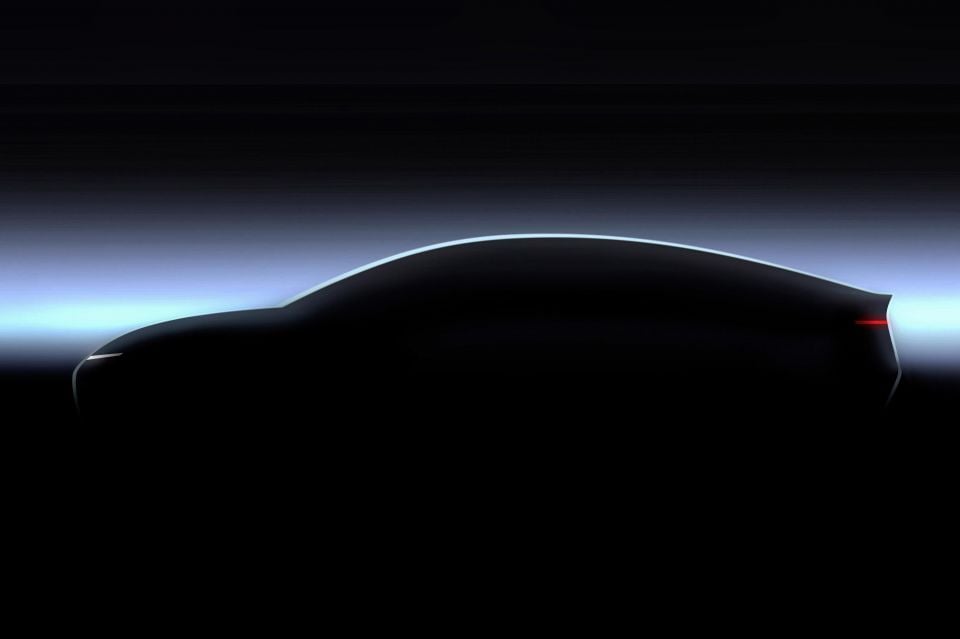

News Editor
The Volkswagen Group’s new CEO Oliver Blume is shaking up the company’s electric vehicle plans as the company grapples with software delays.
The launch of the Trinity EV, which will reportedly serve as the brand’s Tesla Model 3 rival and a technology flagship for the brand, has been pushed from 2026 to 2030 according to a report from Automotive News Europe.
Manager Magazin reports it’s being delayed as new software won’t be ready in time, with Volkswagen delaying its new E3 2.0 software platform from 2026 to 2029.
Well-publicised issues with Volkswagen’s software division Cariad have also been blamed for the delays of the Audi Q6 e-tron and Porsche Macan EV.
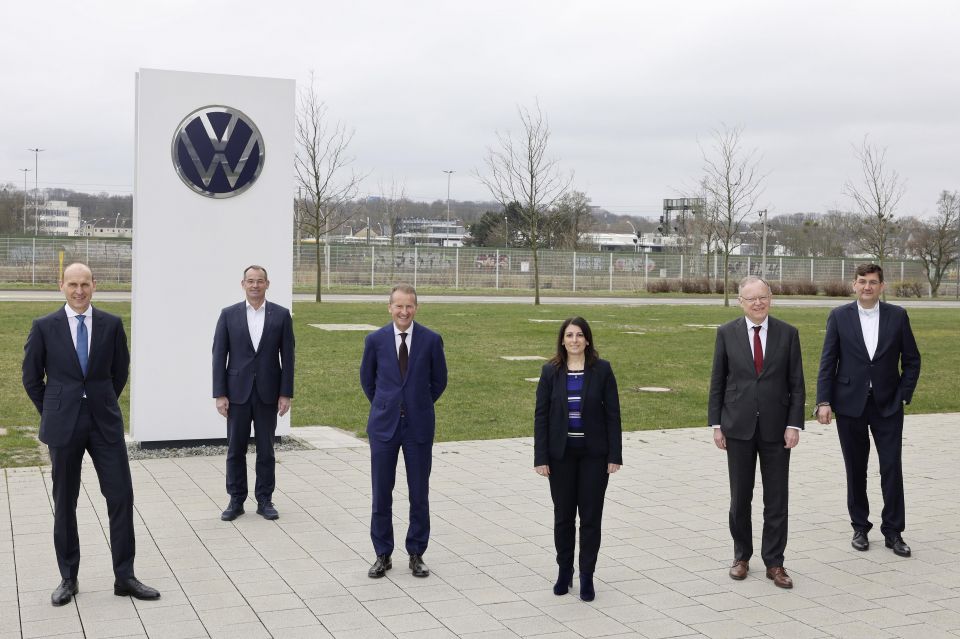
Plans for a dedicated factory for the Trinity in Wolfsburg, Germany may also be scuttled.
In addition to the Trinity’s delay, Mr Blume reportedly sent an internal message to employees advising it’s “currently… taking the opportunity to look at all projects and investments and check them for viability”.
Blume, who replaced Herbert Diess as VW Group CEO on September 1, is reportedly walking back some of his predecessor’s targets because they are “unrealistic”, according to an unnamed source at Volkswagen.
Volkswagen announced in March it planned to start construction of the Trinity’s plant in 2023, and would use it as a test bed for new development and manufacturing processes, which would gradually be filtered elsewhere.
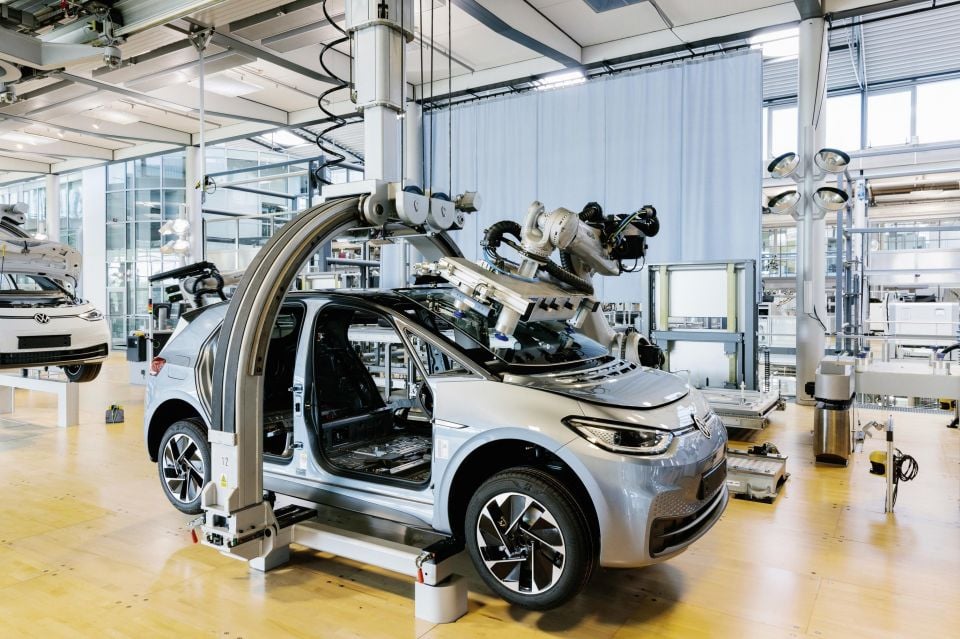
At the start of production, Volkswagen said it aimed for a production of 10 hours per vehicle and would reach this target by having fewer components, fewer variants to produce, more automation, leaner production lines and new logistic concepts.
That’s a third the time it takes Volkswagen to manufacture an ID.3, and the same amount of time as it takes Tesla to build a Model Y at its Grunheide plant in Germany.
The Trinity was set to debut the Group’s new SSP architecture which Volkswagen says will support Level 4 autonomous driving technology. This architecture is now expected to debut in a different vehicle.
The EV, set to offer range of over 700km, will reportedly still be launched, but may be produced on a line at the main plant in Wolfsburg.
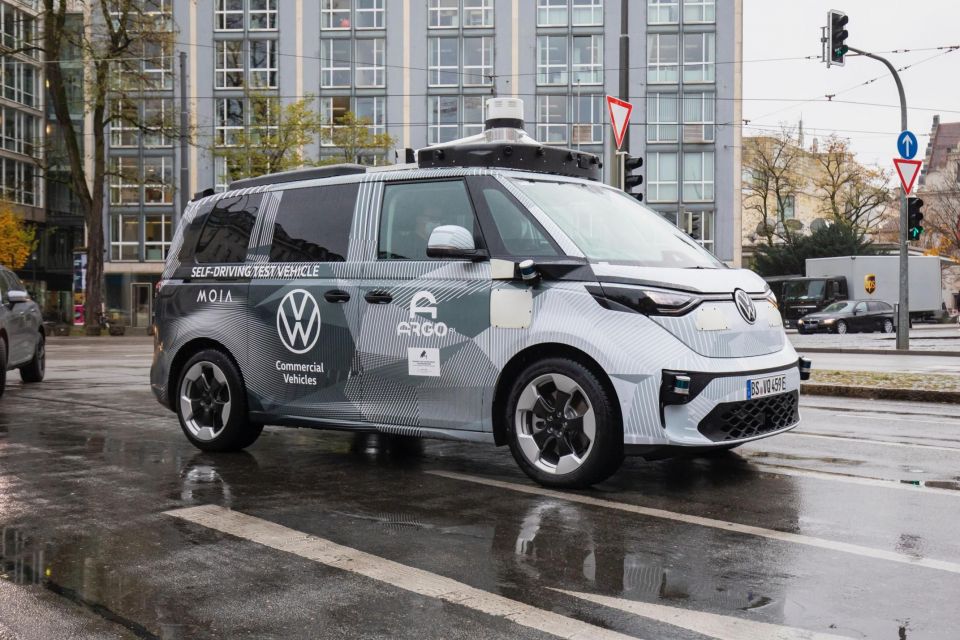
The company’s plans for autonomous vehicles took a turn last month when Volkswagen – along with Ford – announced it was pulling further investment in self-driving startup Argo AI, taking a €1.9 billion (A$2.93bn) non-cash impairment charge resulting from the write-down of its investment.
It said it would lean on Cariad for the development of Level 3 autonomous driving technology, though a report indicated it would also expand its partnership with Intel’s Mobileye division.
While the Trinity will reportedly be delayed, Volkswagen’s namesake brand still plans to introduce 10 new EVs by 2026 and cease European production of combustion-powered vehicles by 2033.
Volkswagen isn’t the only major automaker dealing with the struggles of rolling out a wide range of electric vehicles.
Toyota is reportedly considering a drastic overhaul of its EV plans, which may see it delay multiple vehicle projects and potentially phase out its key EV architecture ahead of schedule.
Go deeper on the cars in our Showroom, compare your options, or see what a great deal looks like with help from our New Car Specialists.
William Stopford is an automotive journalist with a passion for mainstream cars, automotive history and overseas auto markets.


Damion Smy
3 Hours Ago
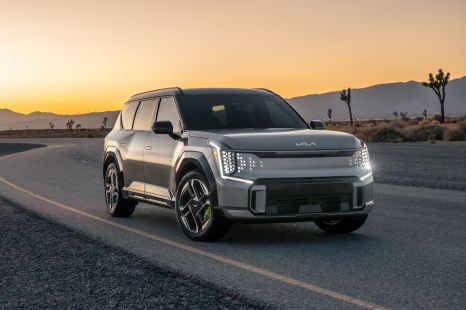

William Stopford
10 Hours Ago


Paul Maric
11 Hours Ago
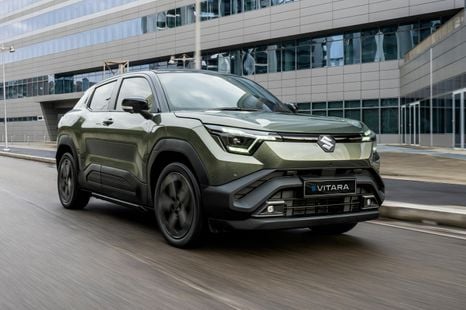

Damion Smy
11 Hours Ago
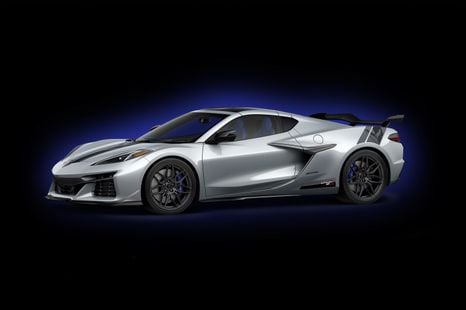

Damion Smy
14 Hours Ago
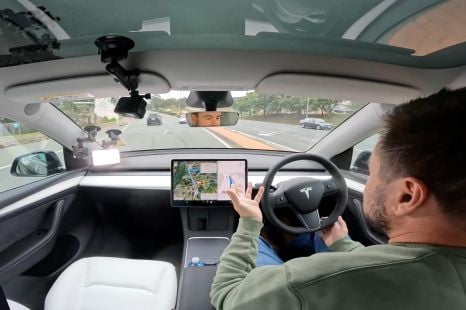

William Stopford
14 Hours Ago
Add CarExpert as a Preferred Source on Google so your search results prioritise writing by actual experts, not AI.